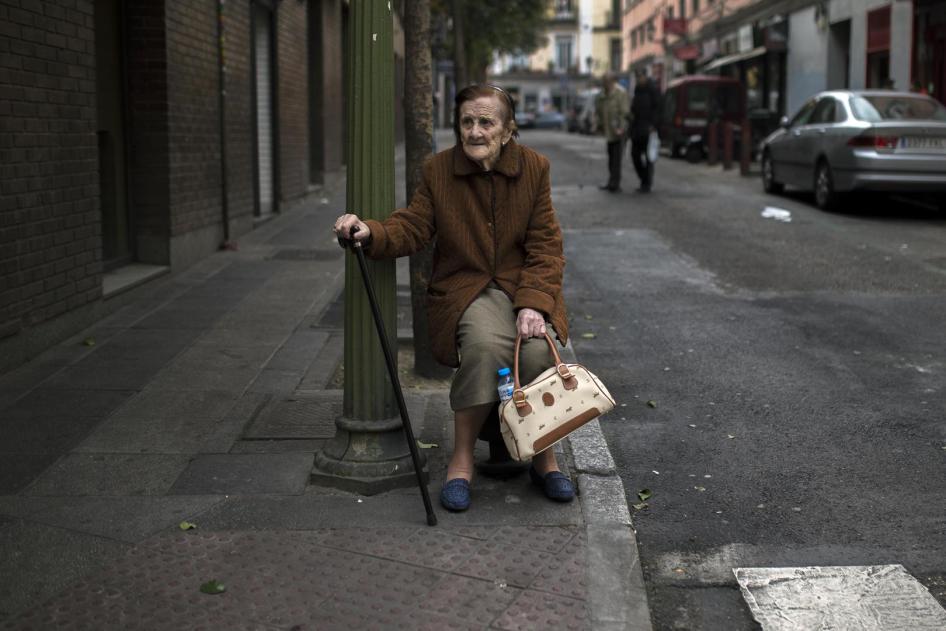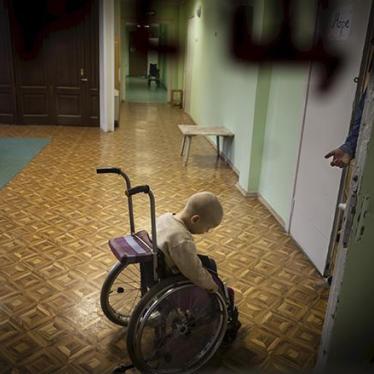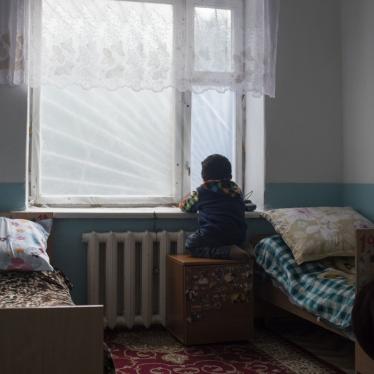Faced with inaccessible buildings and insufficient support services, 100,000 people with physical disabilities, including older people, in Spain remain trapped in their homes, according to a shocking new report published last week.
Researchers examined the situation for the 2.5 million people with physical disabilities living in Spain and found that more than 1.8 million of them need help to be able to leave their homes. Those who can’t get that support are condemned to stay inside, something which could easily change if buildings itself were made accessible. “We found people who are imprisoned in their own home due to the lack of accessibility in their own building,” said Laura López, director of Fundación Mutua de Propietarios, one of two groups which co-authored the report.
In 2007, Spain ratified the United Nations Convention on the Rights of Persons with Disabilities (CRPD), which requires governments to ensure that the physical environment and public services, including housing, are equally accessible to people with disabilities as to those without.
Spain passed a new law in 2013 based on the premise that universal accessibility helps guarantee equal opportunities and treatment for people with disabilities. This legislation made homeowner associations responsible for ensuring their buildings are accessible to all people, and set December 2017 as the deadline to eliminate architectural barriers.
But a March 2018 report by the UNESCO Chair on Housing and the Fundación Mutua de Propietarios found that only 0.6 percent of Spain’s 9.8 million residential buildings meet accessibility standards for those with physical disabilities.
The UN Committee on the Rights of Persons with Disabilities similarly criticized Spain earlier this year, noting that “measures taken to ensure universal accessibility, particularly for private buildings, have been insufficient or ineffective.” It recommended the government take “all legislative and budgetary measures” necessary to fix the problem.
Spain should show it’s committed to keeping its promises under international law, including by taking clear action to guarantee all Spaniards enjoy accessibility. Because nobody should ever be trapped in their own home.









